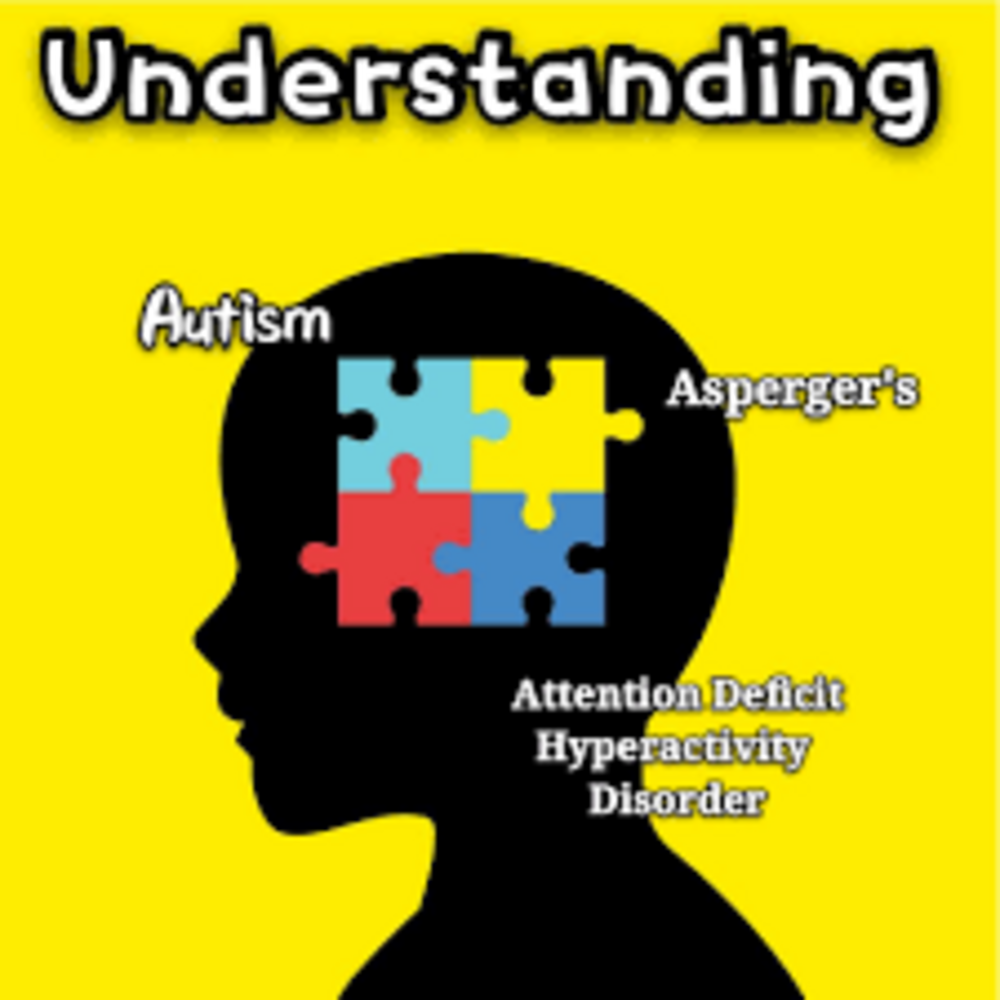In the realm of neurodevelopmental disorders, distinguishing between ADHD (Attention Deficit Hyperactivity Disorder) and Asperger’s, presently viewed as a piece of the more extensive Chemical imbalance Range Issue (ASD), is crucial for accurate identification, targeted intervention, and practical support. This comprehensive guide explores the defining characteristics, symptoms, and nuances of ADHD and Asperger’s, emphasizing the importance of understanding these conditions for individuals, their families, and professionals involved in their care.
What Defines ADHD vs Aspergers?
ADHD vs Aspergers, though both falling under the umbrella of neurodevelopmental disorders, exhibit distinct characteristics and symptoms. Challenges in attention, hyperactivity, and impulsivity primarily characterize ADHD. On the other hand, Aspergers, a form of autism, manifests with difficulties in social interaction, repetitive behaviors, and a preference for routine. Understanding these defining features is crucial for accurate differentiation.
When to Suspect ADHD or Aspergers?
Recognizing early signs and behaviors associated with ADHD or Asperger’s is pivotal for timely intervention. In ADHD, signs may become apparent in early childhood, including inattention, fidgeting, and difficulty following instructions. Aspergers, often diagnosed later due to subtler signs, might involve challenges in socializing, repetitive behaviors, and intense interests. Awareness of these early indicators aids in early identification.
Why Accurate Diagnosis Matters?
Accurate diagnosis holds immense significance in providing appropriate interventions and support. Misdiagnosis or delayed identification can lead to ineffective strategies. Accurately distinguishing between ADHD and Asperger’s ensures that individuals receive tailored interventions addressing their unique needs, fostering better academic, social, and emotional outcomes.
What Are the Key Differences in Cognitive Functioning Between ADHD and Asperger’s?
ADHD and Asperger’s manifest distinct patterns in cognitive functioning. ADHD often involves challenges in executive functions, such as working memory and impulse control. In Aspergers, cognitive differences may include intense focus on specific interests, exceptional attention to detail, and challenges in understanding non-verbal cues. Understanding these differences aids in devising targeted interventions.
When Co-Occurrence Occurs?
Co-occurrence of ADHD and Aspergers, while not uncommon, adds complexity to the clinical picture. Managing the interplay of symptoms requires a nuanced approach. Professionals must carefully assess and address each aspect to provide comprehensive support. Strategies may include behavioral interventions, social skills training, and accommodations to manage attention and sensory sensitivities concurrently.
Why Tailored Approaches to Education and Support Are Essential for ADHD and Aspergers?
Tailored approaches to education and support are essential for individuals with ADHD and Asperger’s. Recognizing their unique learning styles, strengths, and challenges allows educators and support systems to implement strategies that enhance learning and promote positive outcomes. Individualized education plans, accommodations, and specialized therapies are integral to practical support.
What Role Does Neurodiversity Play in Understanding ADHD vs Aspergers?
Acknowledging neurodiversity is fundamental to understanding ADHD and Aspergers. Embracing the concept that neurological differences are natural variations of the human brain promotes a positive perspective. Recognizing neurodiversity encourages the creation of inclusive environments that celebrate individual strengths, fostering a society that values diversity in cognitive functioning.
When Seeking Professional Help?
When seeking professional help for ADHD or Asperger’s, specialized assessment is paramount. Professionals trained in neurodevelopmental disorders conduct comprehensive evaluations, considering behavioral observations, standardized assessments, and parent/teacher reports. Technical assessment ensures accurate diagnosis, informing appropriate interventions and support strategies.
Why do Social Challenges Differ?
Social challenges in ADHD and Asperger’s differ in nature. In ADHD, social difficulties may arise from impulsivity and inattention, impacting peer interactions. Asperger’s, characterized by social reciprocity and communication challenges, may result in difficulty understanding social cues. Recognizing these distinctions is vital for implementing targeted social skills interventions.
What Strategies Can Facilitate Coping and Thriving?
Implementing practical strategies to facilitate coping and thriving is essential for individuals with ADHD and Asperger’s. These may include structured routines, visual supports, sensory accommodations, and executive function coaching. Tailoring strategies to address individual needs empowers individuals to navigate daily challenges and capitalize on their strengths.
Conclusion
Navigating the complexities of ADHD vs Asperger’s requires a comprehensive understanding of their distinct characteristics, early identification, and tailored interventions. Accurate diagnosis, acknowledging neurodiversity, and implementing specialized support strategies foster an environment where individuals can thrive. By recognizing the uniqueness of each individual and embracing a neurodiverse perspective, society can contribute to creating inclusive communities that celebrate the diversity of cognitive functioning. Understanding ADHD and Aspergers not as limitations but as variations enriches our understanding of human neurodiversity.

